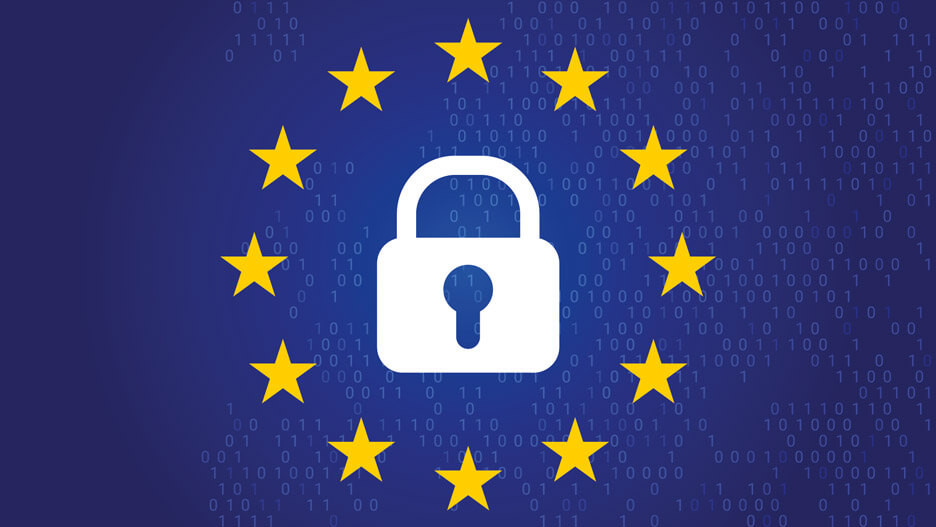In this article you will read about,
- the background to the ECJ's "Schrems II" ruling,
- what the new developments mean for companies, public-sector institutions, and IT service providers that rely on US cloud services,
- and how choosing the right public cloud helps to ensure EU-compliant data protection.
Whether exchanging order information with international subsidiaries or research results in university collaborations, whether processing information in commercial enterprises or in digital public administration: data knows no borders. And cloud computing is indispensable for implementing a wide range of requirements. For many companies and public-sector institutions, processing data internationally has long been part of everyday life. According to market researchers at Capgemini, 73 percent of all companies in Germany, Austria, and Switzerland exchanged data with suppliers in 2020, six out of 10 with supervisory authorities and three out of 10 with commercial data providers. Personal information must be particularly well protected. Realizing that one's own data, which is stored in the public cloud, is now in foreign hands after a cyber attack or government access abroad? That’s a worst-case scenario.
